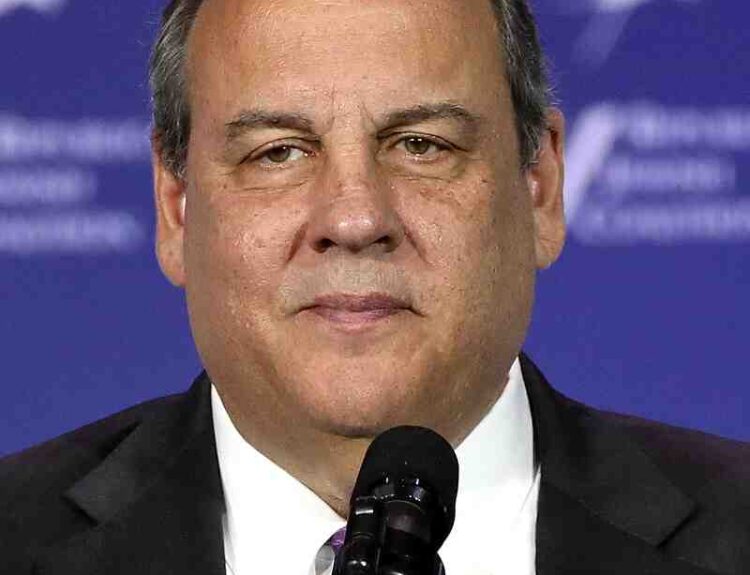The urgent need for additional funding and its impact on Ukraine’s war effort
- Ukraine aid now tops $111 billion
- Biden wants $61 billion more
- Funding is urgently needed to procure weapons and equipment for Ukraine
- Congressional leadership of both parties has said new aid is a priority
- Cutting off funding will ‘kneecap’ Ukraine on the battlefield
- U.S. has already given $44 billion in direct military assistance to Ukraine
- War spending has a stimulative impact on the U.S. economy and American jobs
- Military aid to Ukraine is revitalizing manufacturing communities across the United States
- Support for the effort may decrease, but continued assistance strengthens Ukraine’s hand in negotiation
The Russia-Ukraine war has cost innocent lives and over $111 billion in U.S. aid. President Biden is requesting an additional $61 billion, stating that without it, Ukraine will run out of resources to procure weapons and equipment. Congressional leaders from both parties have emphasized the importance of new aid. Cutting off funding would severely impact Ukraine’s ability to defend itself and increase the likelihood of Russian military victories. So far, the U.S. has provided $44 billion in direct military assistance to Ukraine. This aid has not only supported Ukraine but also had a stimulative effect on the U.S. economy and American jobs. The funding has revitalized manufacturing communities and boosted stock prices of defense companies. While support for the effort may decrease, continued assistance strengthens Ukraine’s negotiating position. The endgame may involve a reduced rate of weapon supply and a commitment to future support, while seeking a negotiated settlement to the war.
Public Companies:
Private Companies:
Key People: Joe Biden (President), Shalanda Young (Director of the Office of Management and Budget), Mike Johnson (House Speaker), Max Bergmann (Director of the Center for Strategic and International Studies’ Europe, Russia and Eurasia Program), Charlie Dietz (Pentagon spokesperson), Mark Cancian (Former Marine Corps Col.), Clara Keuss (American Enterprise Institute), Noah Burke (American Enterprise Institute), Marc Thiessen (American Enterprise Institute), Benjamin Friedman (Policy Director at Defense Priorities)
Factuality Level: 6
Justification: The article provides information about the cost of the Russia-Ukraine war and the amount of aid provided by the US. It includes quotes from experts and opinions from the American public. However, it lacks specific sources for some of the information presented.
Noise Level: 4
Justification: The article provides information on the cost of the Russia-Ukraine war and the funding requested by President Biden. It also includes perspectives from both sides of the debate and discusses the impact on the U.S. economy. However, it lacks in-depth analysis of the long-term implications of the conflict and does not provide actionable insights or solutions.
Financial Relevance: Yes
Financial Markets Impacted: The article mentions the impact of the Russia-Ukraine war on the U.S. economy, particularly in terms of military spending and defense industry jobs.
Presence of Extreme Event: No
Nature of Extreme Event: No
Impact Rating of the Extreme Event: No
Justification: The article discusses the financial cost of the Russia-Ukraine war on the U.S. economy, specifically in terms of military and humanitarian aid provided to Ukraine. It also mentions the stimulative impact of war spending on the U.S. defense industry and American jobs. However, there is no mention of an extreme event or its impact.
 www.marketwatch.com
www.marketwatch.com 





